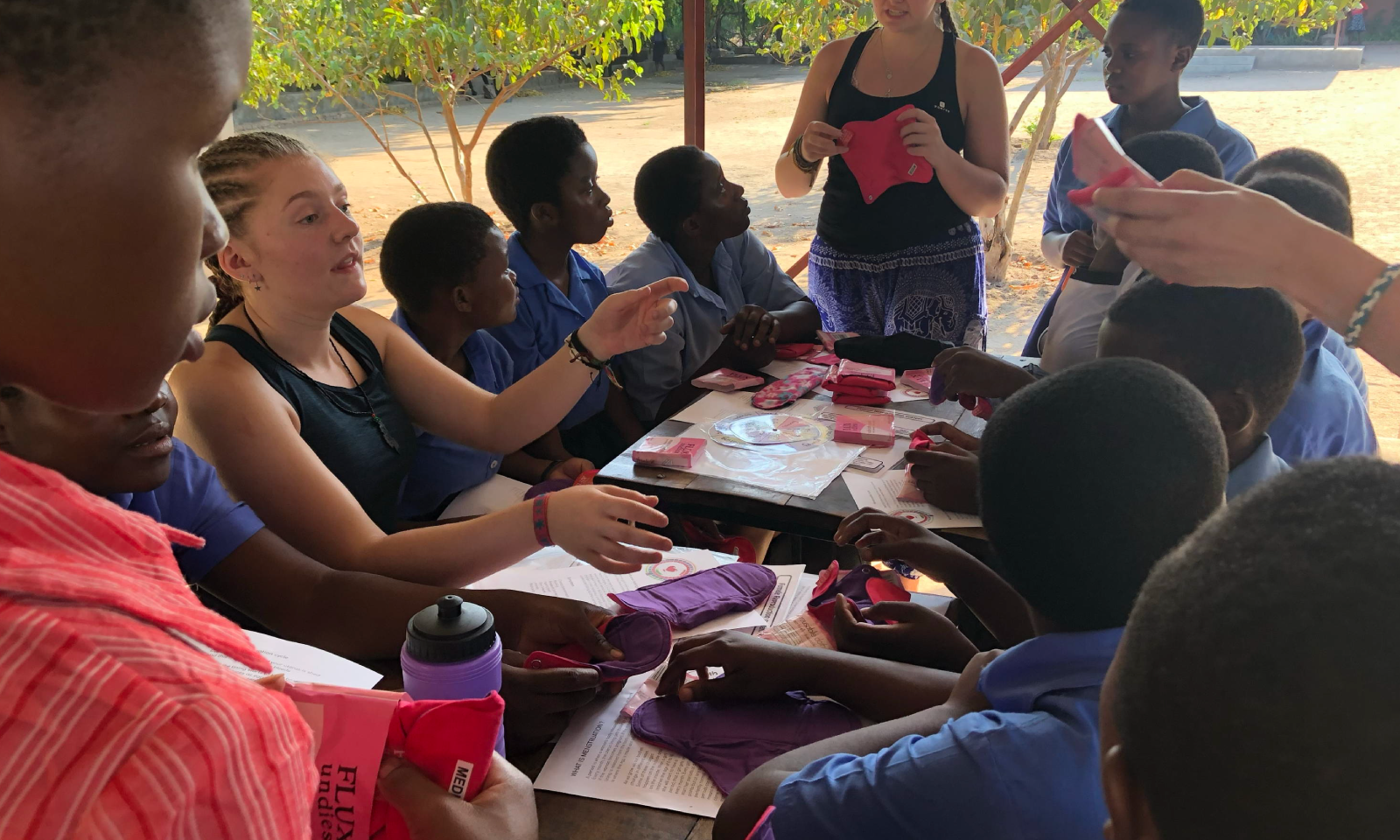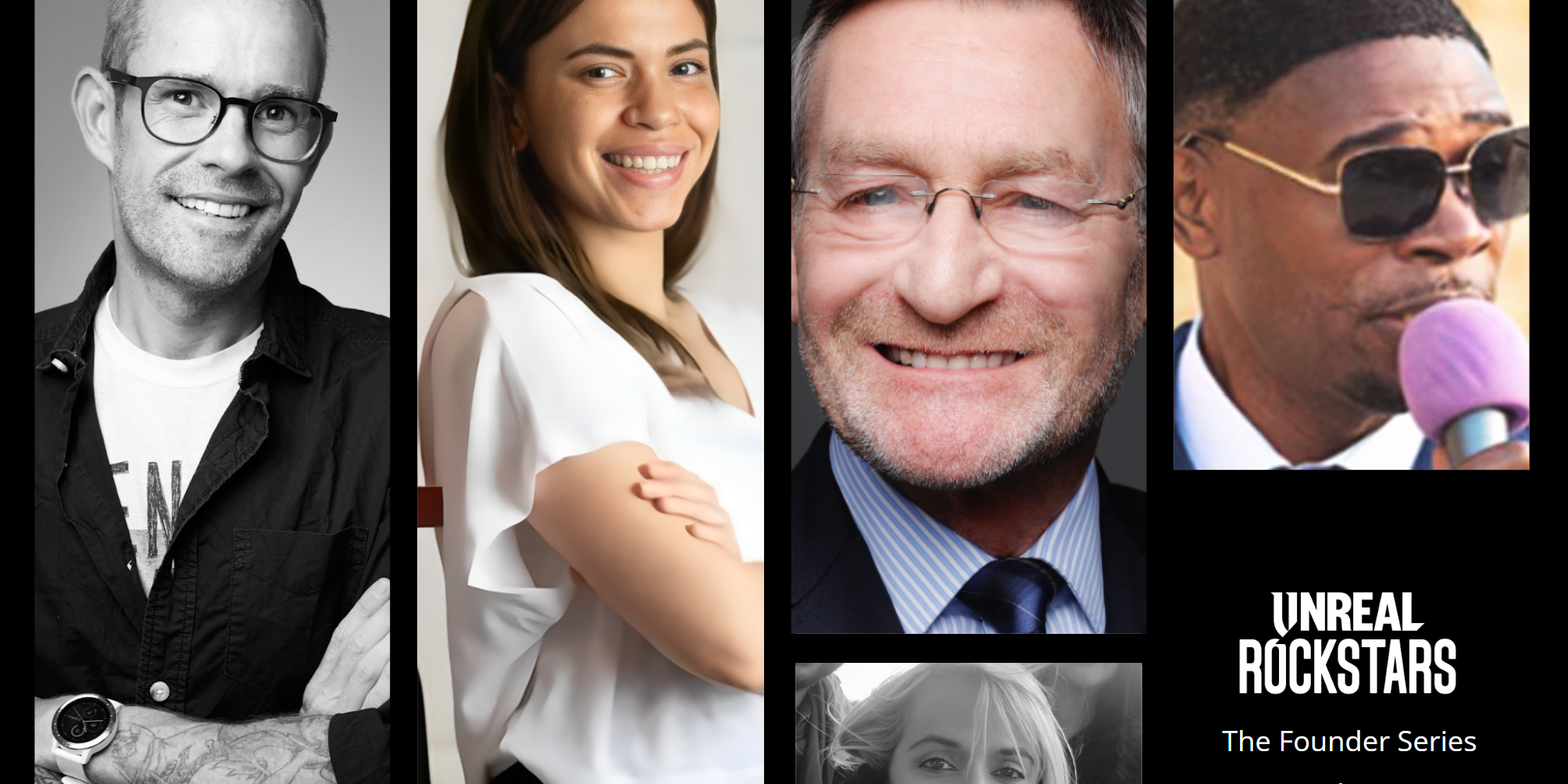What is Period Poverty and What Can We Do to Help?

'Period poverty' means being unable to access sanitary products or education about menstruation due to not having the financial means to cover the cost. It is an issue for many people across the globe, and whilst many people believe that period poverty is only an issue in third world countries, it exists in developed countries like the UK as well.
Third world countries have recorded as many as 1 in 3 people of menstrual age not being able to access menstrual products due to having no funds. Often, for many it can be a choice between food or sanitary products.
In the UK, 1 in 10 girls cannot afford to buy sanitary products, 1 in 7 have struggled to afford them and Plan International estimates that 50% of people with periods had either been in a situation of period poverty or know someone who has.
Having a period is not a choice and sanitary products are a necessity, not a luxury. Having no way to access these necessary products can also have a much bigger implication than just not having protection for menstruation, and can impact education, work and other areas of life.
How does period poverty affect a person?
Not being able to access period products can have huge consequences for a person, particularly for girls in education. Plan International UK found that 49% of girls have missed an entire day of school when on their period and 59% of girls have made up an excuse to avoid school. It's estimated that 137,700 children in the UK miss school because of period poverty, every year.
Having no access to proper menstrual care can also impact young people psychologically. Most people with periods have them monthly so this is another thing to worry about every month and most young people will typically dread going to school without proper protection. They may also have to improvise and often will use toilet paper, old rags or even newspaper.
Another problem that can have a huge impact on young girls is the stigma and taboo that surrounds periods. This has been shown to directly affect a child's potential to succeed and in a study of 1,000 girls in the UK, almost half said that they felt ashamed to ask for help and 68% said they felt less able to pay attention in school whilst menstruating.
What has been done to help end period poverty?
Earlier this year, the UK finally introduced free sanitary products in schools, to help tackle period poverty. They have taken on board the many surveys highlighting struggles from low income families. They have listened to the voices that have shouted to be heard. Organisations such as Freedom4Girls have campaigned and worked relentlessly to provide free products in the UK and in third world countries, and their work is paying off.
This means that girls will now be able to request sanitary products at school, free of charge, but we still have a long way to go in terms of tackling the stigma that surrounds periods so that girls feel comfortable enough to ask for the products they need.
Many high street stores now also have period bank baskets located at till points and exits for customers to purchase and/or donate sanitary products to members of the public that need them.
Period poverty is now spoken about much more and people that need them will hopefully be aware of the ways they can access these necessities when they lack them.
What are we doing to help?
No-one should be held back from anything due to something as natural as periods and this should never be a barrier to education or life.
From the very first day FLUX Undies launched, we had our 'By You, For Her' giving back scheme in place to provide period products for those in need.
Every single pair of period pants that we sell contributes to giving back to a person in need; either through a reusable cloth pad, period pants or monetary donations to charitable organisations and education projects.
Our most recent donations have included a hospital in Malawi that keeps premature babies and their mothers together through the difficult time, and closer to home here in the UK we have recently donated to an organisation that offers supportive housing to families fleeing domestic violence.
Period poverty is often one more stress to the many families that are already at breaking point. If we can help alleviate and reduce this monthly worry, we will.
You can find out more about our giving back scheme here.
What else needs to be done to end period poverty?
There is still work to be done to help with the issue of period poverty. In the UK, it is still a very real problem and globally it is an issue that is faced by many people, and having a huge impact on their life.
In the UK, it needs to be recognised that these products are as essential for all people with periods, not just those in education. Currently schools are mainly supplying disposable products such as pads and tampons, when many students would like to be able to use sustainable options like reusable period pants which absorb your menstrual flow and can be washed and reused for up to three years.
If reusable period products like period pants are something you or your child would like to be able to use, you can ask PHS Group (they manage the free period product scheme) or your school to start providing period pants like FLUX Undies so that people on a low income are not limited to disposable options.
Globally, the period poverty crisis is huge. It is estimated that a 'mimimum' of 500 mllion people experience period poverty.
With the younger school aged menstruator really being the ones that suffer, they often drop out of school due to the constant monthly pressure of accessing protection and the taboo that comes with it. The reality for many is that this burden of having to find menstrual protection is another worry to add to issues such as hunger, exploitation, living in war torn countries, and the many more issues the third world are having to live with.
Organisations such as Action Aid, Plan International, Freedom4Girls, Red Box Project, Period.org, and many more that work hard to connect donations of products and funds to those that need. Businesses such as ours offer donations through permanent giving back schemes such as our FLUX Undies 'By You, For Her' giving back scheme.
Raising awareness to the existence of period poverty is our biggest challenge, as many people are still oblivious to period poverty being an issue.
Seven ways you can help end period poverty
1) Donate period products to outlets that are collecting them if you can afford to.
2) Buy from retailers that are part of a giving back scheme.
3) You donate every time you purchase a pair of fluxies as we give each time you buy. If you have enough fluxies but would like to provide a pair of fluxies to a needy person you can find out more about how you can do that by clicking here.
4) You can donate directly to organisations such as the ones listed in this blog. They work to provide free period products and resources to help those that need.
5) Join marches and sign petitions whenever there are campaigns to help increase awareness on these matters.
6) Be alert and look out for anyone that you know that is on a low income and may be suffering with period poverty and share the knowledge of how they can access free products.
7) Try to promote reusable products. Period poverty can help to be reduced as reusable products like our period pants last for three years and can be washed every month rather than having to find the money to purchase disposables each month. You can ask your school to include products like fluxies period pants to their collection or ask PHS Group to do so.
So now you know exactly what period poverty is and why it is a global issue. And it's not all bad news — we are finally heading in the right direction and there are things that you can do to help tackle it and start making a difference today!
- Tags: Myths & Facts Periods



